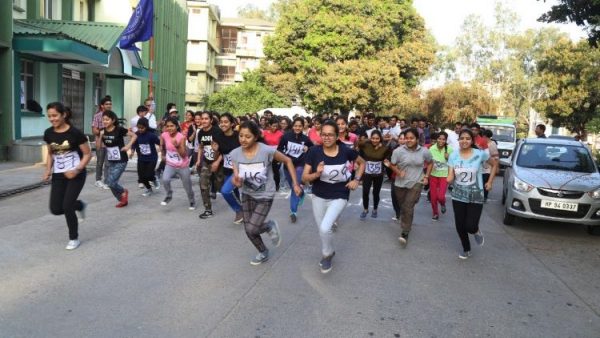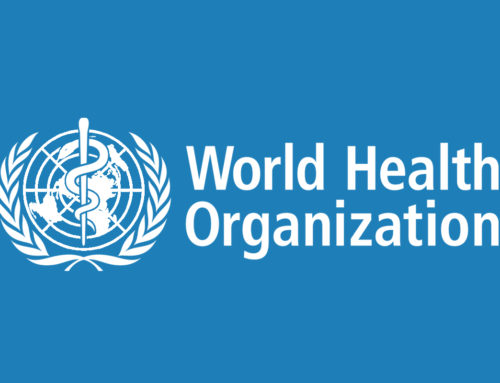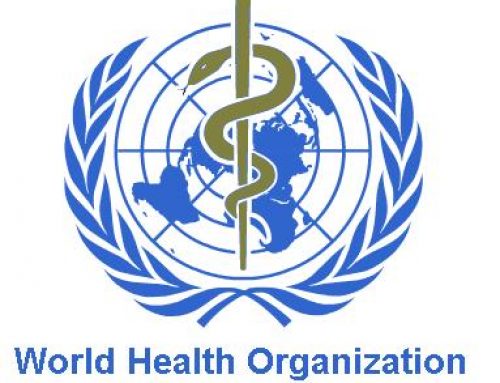World Health Day – call for universal health coverage
According to the WHO chief, universal health coverage is key to safer, fairer world
The head of the World Health Organization (WHO) on Friday marked World Health Day, with a strong call for universal health coverage, to ensure that all people can get quality health services, where and when they need them, without suffering financial hardship.
WHO chief
“Health is a human right. No one should get sick and die just because they are poor, or because they cannot access the health service they need,” said WHO Director-General Tedros Adhanom Ghebreyesus in a message ahead of the annual April 7 observance, which is the foundation day of the now 70 year old UN’s health agency.
According to WHO, at least half the world’s population do not have coverage for full essential health services, with about 100 million people living on $1.90 or less a day because they have to pay for health care.
“Universal health coverage is a political choice. It takes vision, courage and long-term thinking,” said Tedros, adding “But the payoff is a safer, fairer and healthier world for everyone.”
The theme of this year’s World Health Day is: Universal health coverage: everyone, everywhere.
UN chief
UN Secretary-General António Guterres also issued a message for World Health Day calling for health for all. He recalled the founding principle of the WHO – “the enjoyment of the highest attainable standard of health is one of the fundamental rights of every human being.”
Since then, the UN chief said, the world has made progress in health care with global life expectancy expanding by 23, the eradication of smallpox and polio on its way out.
However, Guterres noted that people around the world still lack vital health services. He thus urged all to join WHO to ensure every, everywhere, gets the health services they need.
IOM
On the occasion of World Health Day, the International Organization for Migration (IOM) called for universal health coverage also for the internally displaced persons (IDPs). It said that people displaced within the borders of their own countries are often excluded from health services and have difficulties in accessing them due to social exclusion, financial constraints, as well as cultural and political barriers.
Jacqueline Weekers, Director of the Migration Health Division at IOM said, “Without migrants, including internally displaced people, universal health coverage would not be truly universal.” “Their inclusion is of paramount importance to rights-based health systems and global health security. Not doing so, counters public health principles, ethics and universal health care goals,” she added.
70 years of WHO
Over the past seven decades, since its foundation in 1948, WHO has spearheaded efforts to rid the world of killer diseases and fight against deadly habits, like tobacco use.
Many countries have successfully eliminated measles, malaria and debilitating tropical diseases, as well as mother-to-child transmission of HIV and syphilis.
New WHO recommendations for earlier treatment, efforts to access cheaper generic medicines and innovative partnerships have produced vaccines against meningitis, Ebola and the world’s first for malaria.
The UN Headquarters in New York celebrated World Health Day, WHO’s 70th Birthday and Universal Health Coverage with a special event on shaping future health systems that leave no one behind.
It also launched a set of six stamps commemorative UN World Health Day stamps to promote worldwide awareness and action to achieve health for everyone around the world. (Source: UN)
http://www.vaticannews.va/en/world/news/2018-04/world-health-day-universal-health-coverage-.html










